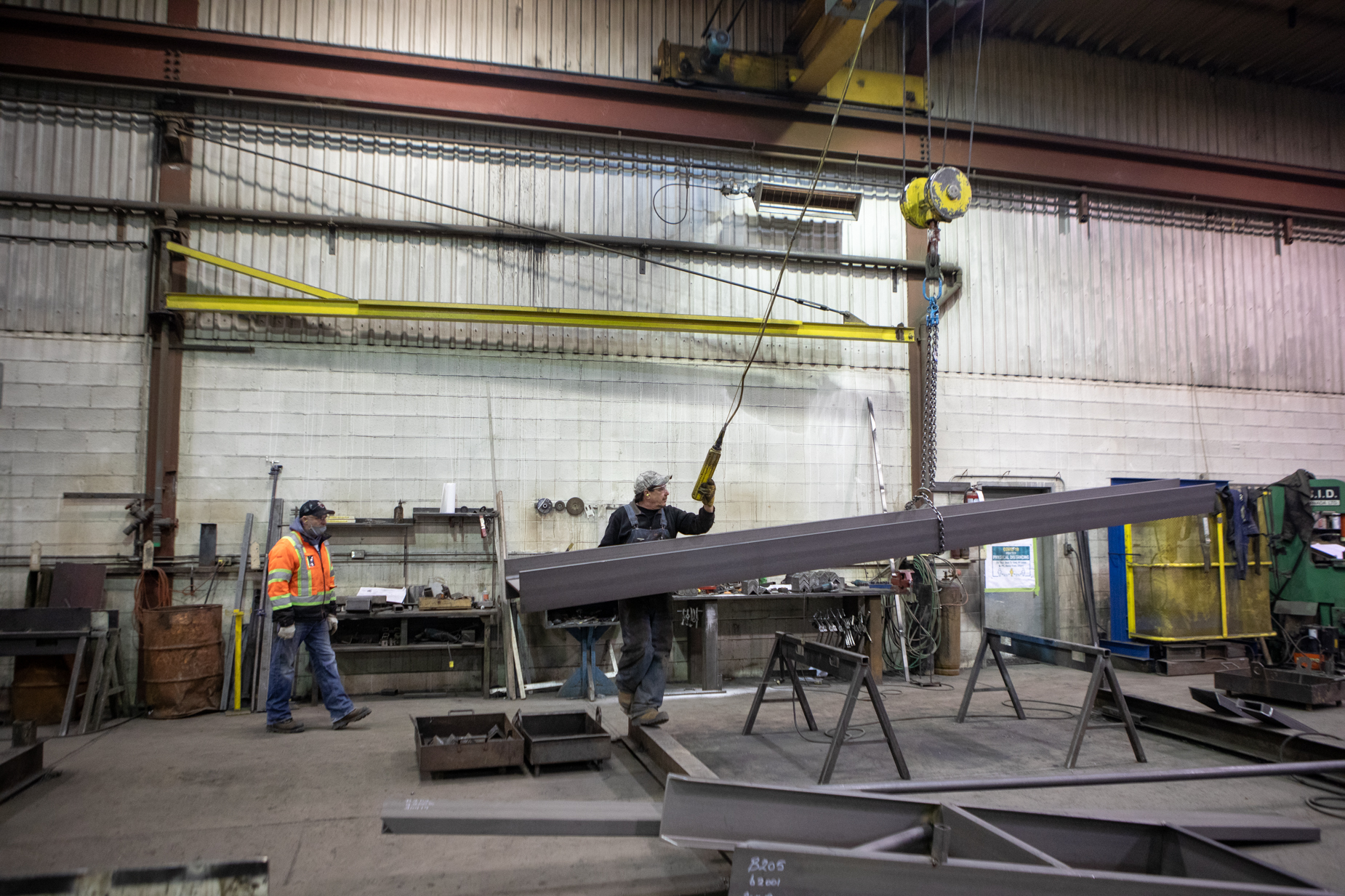
Efficient Bulk Handling Design Practices
Well-designed bulk handling equipment and supporting infrastructure is at the centre of operating efficiency and system reliability. Contrarily, poorly designed bulk handling equipment can lead to frequent system failures and losses in revenue as a result of not being able to meet required throughputs.
There are several factors to consider in the design stage of bulk handling equipment development that will maximize the effectiveness and longevity of your system.
Bulk Handling Tools: 3D Layout and Design Solutions
Prior to infrastructure development, it’s wise to create and assess preliminary designs using 3D models. This is a common practice amongst leaders in the bulk handling industry. Bulk handling design tools produce a series of layouts based on preliminary designs that are optimized for geography, local terrain, throughput, energy efficiency and capital cost. Such layouts help determine the most effective designs and allow you to compare and validate different designs so that you end up with the most effective and efficient bulk handling system.
Bulk Materials and Their Properties
Understanding the properties of the materials being conveyed is an essential part of operating an efficient bulk handling system. It’s important to establish material properties in the initial stages of design to ensure all of the components of a system (conveyors, chutes, silos, etc) are designed to suit the material. The following factors should be considered.
- Bulk density
- Surcharge angle
- Angle of repose
- Lump size
- Particle size distribution
- Flammability
- Moisture content
- Explosivity
- Hygroscopicity
- Colour
- Adhesiveness
- Strength/friction
Once material properties are determined, the design process can progress more easily.
Like anything, strategic planning typically always results in better outcomes. When it comes to bulk handling, there are no shortcuts. Each step involved in the engineering, design, manufacturing and installation process requires an in-depth understanding of the logistics of the system. Consulting with experts in the industry is the best way to ensure your bulk handling systems are customized and optimized specifically for materials being conveyed.
Basic Industrial Design (BID) helps industry move what matters. Our expertise in the design and manufacturing of bulk material handling systems will help you manage bulk material safely, efficiently and responsibly. With nearly 50 years of niche experience, combined with our central location, we are leaders in the bulk material handling industry in eastern North America.
